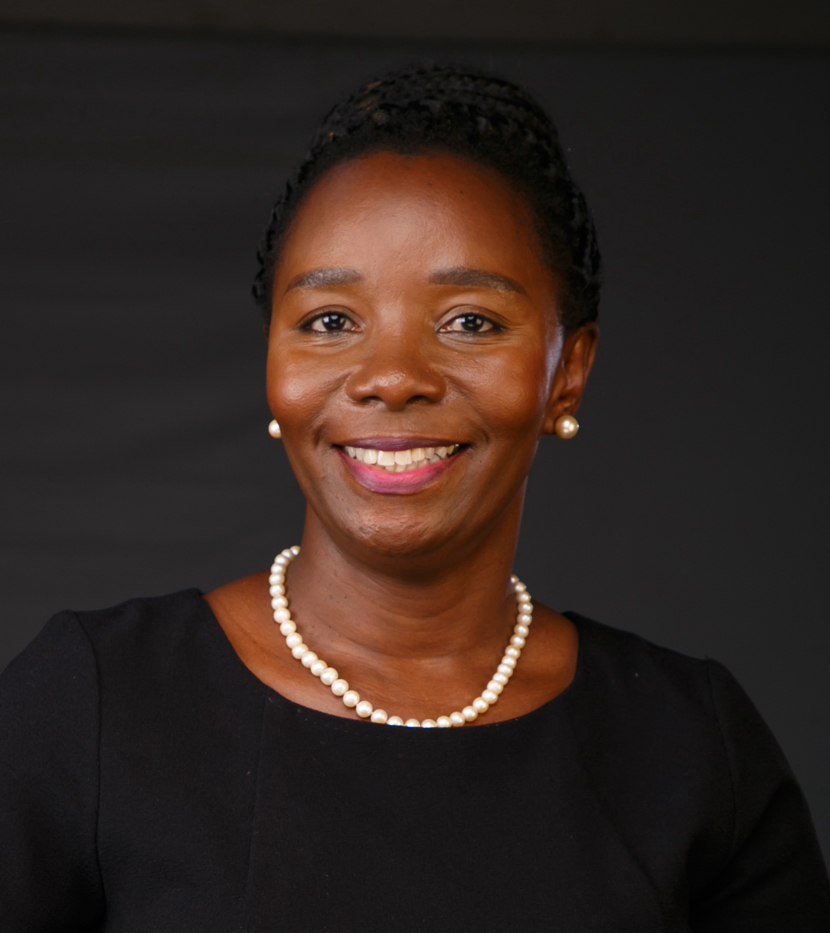Session 2 Youth & Women
Biography
Margaret is a development practitioner with 25 years’ experience supporting rural and fishing communities around Lake Victoria with focus on women’s livelihoods, advocacy, human rights reflecting her commitment to rural development and women empowerment. She is the Founder and Executive Director of Katosi Women Development Trust, where she has empowered 1,350 women with skills and resources to drive transformative initiatives that benefit entire communities.
She is the recipient of the Margarita Lizárraga Medal for the biennium 2020-2021 from the Food and Agriculture Organization (FAO) recognizing her success in organizing and empowering fisher women through Katosi Women Development Trust, and as an early partner in developing and implementing the Voluntary Guidelines for Securing Sustainable Small-Scale Fisheries.
Abstract
From Margins to the Centre: Enhancing Women and Youth Participation in Fishing Communities.
Small-scale fishing communities rely heavily on the labour, knowledge, and resilience of women and youth, yet their contributions are often undervalued and their voices marginalized. These systemic barriers are further exacerbated by climate change, which disproportionately affects women and youth by threatening their livelihoods, food security, and access to critical resources.
International instruments such as the FAO Voluntary Guidelines for Securing Sustainable Small-Scale Fisheries, UNDROP, CEDAW, and the CFS Gender Guidelines provide frameworks for empowering women and youth, strengthening grassroots leadership and shaping policy influence. It is important to note however, these frameworks can only achieve their full potential when grounded in local realities where they become relevant, inclusive, and implementable, while also fostering participatory decision-making and capacity building. A critical entry point for this localisation is access to legal knowledge which enables communities to assert their rights, challenge discriminatory practices, and influence governance across fisheries, resource management, and community development. By anchoring knowledge, leadership, and lived experiences of women and youth, policies become more equitable, resilient, and socially transformative.
Strengthening digital literacy and access to technology can help address intersecting challenges, by reducing labour burdens, expanding economic opportunities, creating pathways for women and youth employment, and enhancing the adaptive capacities of communities in response to environmental changes.
Moving women and youth from the margins to the centre requires deliberate action that affirms their human rights, recognizes legitimate tenure and customary rights, ensures food sovereignty, and guarantees safe working conditions. A feminist approach therefore is essential because it challenges the social and cultural norms that have historically restricted women’s participation and marginalized youth in fishing communities.
In addition, collaborative approaches and policy coherence across sectors are vital for addressing interconnected challenges, from climate resilience to equitable resource access, as no single sector can tackle these issues in isolation. By fostering North-South partnerships and cross-sectoral dialogues, local struggles are linked to global commitments such as the Sustainable Development Goals, advancing implementation of SDG 17: Partnerships for the Goals, and fostering coordinated, inclusive, and impactful solutions.
Empowering women and youth in fishing communities is not only a matter of justice but a prerequisite for sustainable, resilient fisheries. By moving from the margins to the centre, women and youth can lead transformation in governance, livelihoods, and community resilience, securing sustainable futures for fishing communities worldwide.
Presentation Title Download
From Margins to the Center: Enhancing Women & Youth Particiation in Fishing Communities


